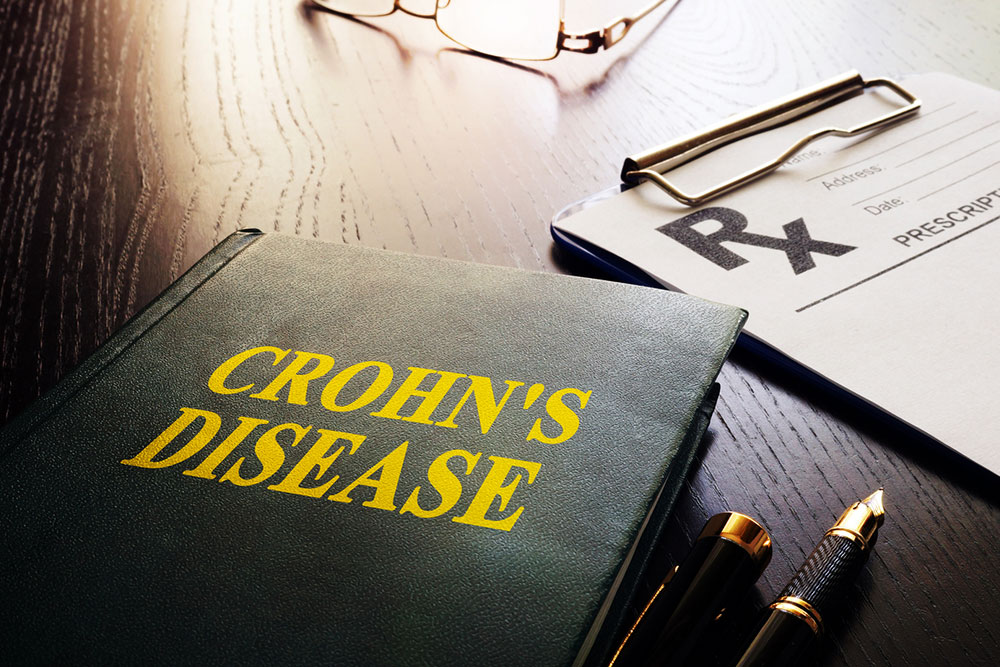8 early warning signs of Crohn’s that shouldn’t be ignored

Crohn’s disease is an inflammatory bowel disease (IBD) that causes the digestive tract to become irritated and swollen. Patients experience several symptoms, such as abdominal pain, diarrhea, and rectal bleeding. While these symptoms may not always point toward Crohn’s disease, it is important not to ignore them but to consult a doctor for a timely diagnosis. Although the condition has no cure, one can manage its symptoms with treatment and care.
Abdominal pain
Pain and cramps in the abdomen are some of the most common tell-tale signs of Crohn’s disease. They occur as soon as the condition develops and persist through its advanced stages. The pain often appears as a dull ache in the lower right side of the abdomen, with cramps in the same region.
Diarrhea
Another common early warning sign of Crohn’s disease is diarrhea. Diarrhea must be addressed if it is chronic or occurs frequently because it can worsen the inflammation and irritation in the bowel. The increased inflammation and irritation may lead to a constant urge to move the bowels, causing the stool to be runny and loose.
Bloating
Crohn’s disease also causes bloating. Due to this, one may feel full even without eating a complete meal. Patients may lose appetite and not get the required nutrients, leading to other issues. That’s why one should pay extra attention to nutrition when diagnosed with this condition.
Fatigue
Chronic inflammation in the digestive tract starts to take a toll on the body. As time passes, it causes a constant feeling of tiredness or fatigue. Even if one has not done any strenuous physical activities, they may constantly feel “run down.” Fatigue occurs because the body cannot completely absorb essential nutrients from food, leading to a lack of energy and oxygen.
Nausea
Sometimes, the inflammation and irritation in the digestive system due to Crohn’s disease disrupt the normal digestion process. When that happens, one might frequently experience nausea. It usually occurs when the inflammation affects the stomach and the bowels.
Rectal bleeding
With the bowel irritated and inflamed, bleeding may start from the rectum in the early days of Crohn’s disease. While rectal bleeding also occurs due to harmless causes such as minor hemorrhoids, it is important not to ignore it and get an accurate diagnosis from a doctor.
Bloody or mucousy stools
Crohn’s disease can cause bloody stools, especially if one also has rectal bleeding. One’s stools may appear tarry or dark, and mucus may also occasionally appear in them due to irritation and inflammation in the bowels.
Joint pain
Inflammation caused by Crohn’s disease can sometimes spread to other body areas, like the joints. Joint inflammation leads to chronic pain and stiffness, making it hard to perform physical activities.


